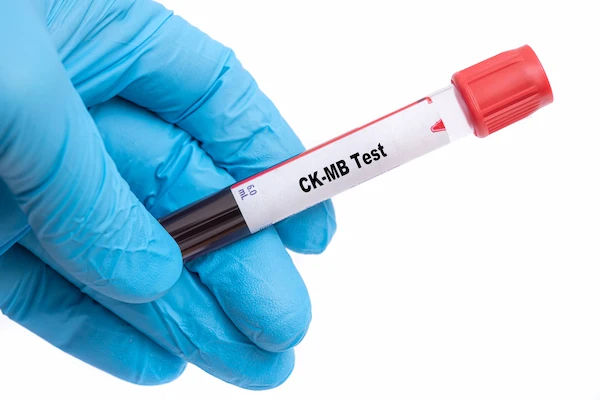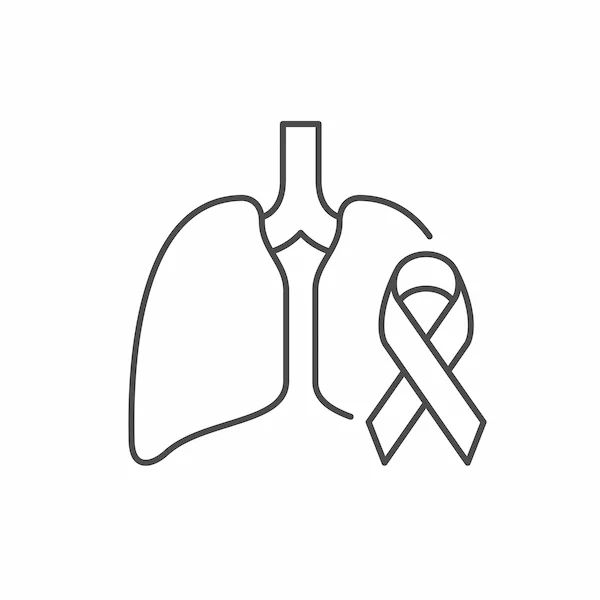Health Issues Facing Youths and Teens
Teens and young adults face unique health issues like stress, obesity, sleep problems, skin concerns, and substance abuse. Learn common causes, symptoms, and management tips for a healthier teenage life.

Written by Dr. J T Hema Pratima
Reviewed by Dr. Rohinipriyanka Pondugula MBBS
Last updated on 13th Jan, 2026

Introduction
Growing up is an exciting journey, but it also comes with its own set of challenges—especially when it comes to health. Teens and young adults today face unique health concerns that can affect their physical, mental, and emotional well-being. Whether you're a teenager, a parent, or a caregiver, understanding these issues can help in taking the right steps toward a healthier future.
Common Health Issues Among Youths and Teens
1. Mental Health Concerns
Mental health is one of the biggest challenges for young people today. Stress, anxiety, depression, and even eating disorders are becoming increasingly common.
Symptoms to Watch For:
Persistent sadness or mood swings
Loss of interest in activities
Changes in sleep or appetite
Extreme fatigue or low energy
Withdrawal from friends and family
Causes:
Academic pressure
Social media influence
Bullying or peer pressure
Family conflicts
How to Manage It:
Talk to someone—a trusted friend, parent, or counselor.
Practice mindfulness—meditation, deep breathing, or journaling can help.
Limit screen time—too much social media can worsen anxiety.
Seek professional help if needed—therapy or counseling can make a big difference.
2. Obesity and Poor Nutrition
Unhealthy eating habits and lack of physical activity are leading to weight problems in many teens.
Symptoms:
Rapid weight gain
Low energy levels
Frequent junk food cravings
Causes:
High consumption of processed foods
Sedentary lifestyle (too much screen time, lack of exercise)
Skipping meals or irregular eating patterns
How to Manage It:
Eat balanced meals—include fruits, vegetables, whole grains, and lean proteins.
Stay active—aim for at least 60 minutes of exercise daily.
Avoid sugary drinks—opt for water, herbal teas, or fresh juices instead.
3. Sleep Deprivation
Many teens don’t get enough sleep due to late-night studying, social media, or irregular sleep schedules.
Symptoms:
Constant tiredness
Difficulty concentrating
Mood swings
Causes:
Excessive screen time before bed
Stress and anxiety
Irregular sleep routines
How to Manage It:
Stick to a sleep schedule—try to sleep and wake up at the same time daily.
Limit screen time before bed—avoid phones/laptops at least an hour before sleeping.
Create a relaxing bedtime routine—read a book or listen to calming music.
Health topic carousel:
Doctor's speciality: General Physician
Text: Consult a Specialist for Personalised Advice
4. Substance Abuse (Alcohol, Smoking, Drugs)
Peer pressure and curiosity can lead some teens to experiment with harmful substances.
Symptoms:
Sudden changes in behavior
Poor academic performance
Secretive or rebellious attitude
Causes:
Peer influence
Stress or emotional distress
Lack of awareness about risks
How to Manage It:
Educate yourself—understand the dangers of substance abuse.
Choose healthy alternatives—sports, hobbies, or creative activities can be great stress relievers.
Seek help—if you or someone you know is struggling, talk to a trusted adult or counselor.
5. Skin Problems (Acne, Eczema, etc.)
Hormonal changes during puberty can lead to skin issues like acne, eczema, or excessive oiliness.
Symptoms:
Red, inflamed pimples
Dry, itchy patches
Oily skin
Causes:
Hormonal fluctuations
Poor hygiene or diet
Stress
How to Manage It:
Follow a skincare routine—wash your face twice daily and use non-comedogenic products.
Stay hydrated—drink plenty of water to keep skin healthy.
Avoid touching your face—this can spread bacteria and worsen acne.
6. Sexual and Reproductive Health Concerns
Teens often have questions about puberty, relationships, and safe practices.
Common Concerns:
STDs (Sexually Transmitted Diseases)
Unplanned pregnancies
Menstrual health issues
How to Manage It:
Get educated—learn about safe sex and reproductive health.
Talk to a doctor—if you have concerns about periods, contraception, or infections.
Practice safe habits—use protection if sexually active.
Tips for a Healthier Teenage Life
1. Stay Active – Exercise boosts mood and keeps you fit.
2. Eat Well – A balanced diet fuels your body and mind.
3. Get Enough Sleep – Rest is crucial for growth and focus.
4. Talk About Your Feelings – Don’t hesitate to seek emotional support.
5. Limit Screen Time – Take breaks from phones and social media.
6. Regular Health Check-ups – Preventive care helps catch issues early.
When to Seek Professional Help?
If you or someone you know is struggling with persistent health issues—whether physical or mental—don’t hesitate to reach out to a doctor. Early intervention can make a big difference.
Need Help? Book a Consultation Today!
If you have concerns about your health, Apollo 24|7 offers expert consultations and health check-ups. You can easily book an appointment online and get the right guidance.
Final Thoughts
Youth is a time of growth, learning, and exploration. By taking care of your health—both physical and mental—you can build a strong foundation for a happy and successful future. Remember, it’s okay to ask for help, and small healthy habits today can lead to a lifetime of well-being!
Health topic carousel:
Doctor's speciality: General Physician
Text: Consult a Specialist for Personalised Advice




